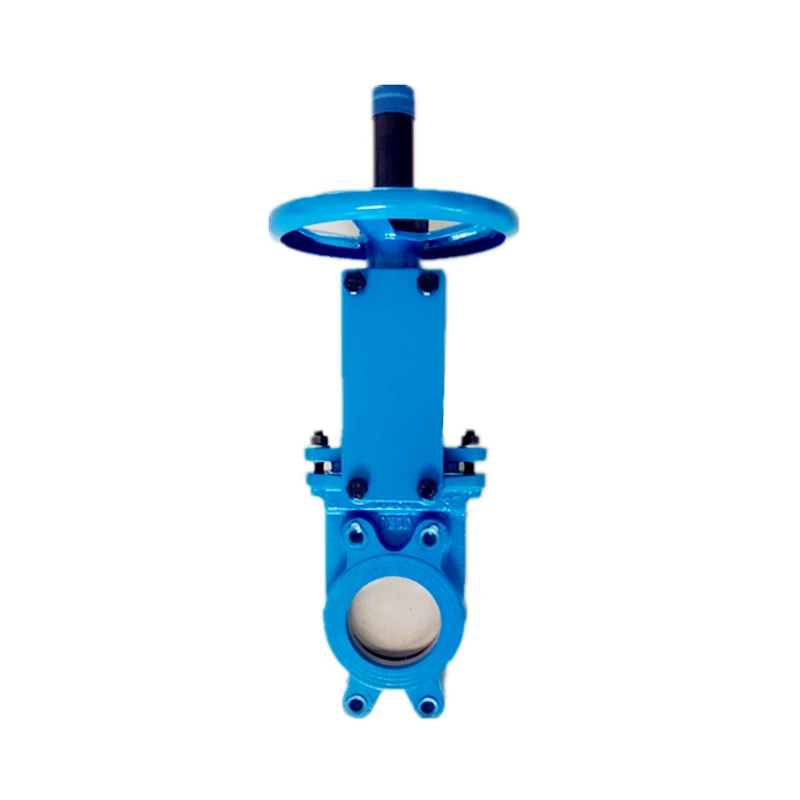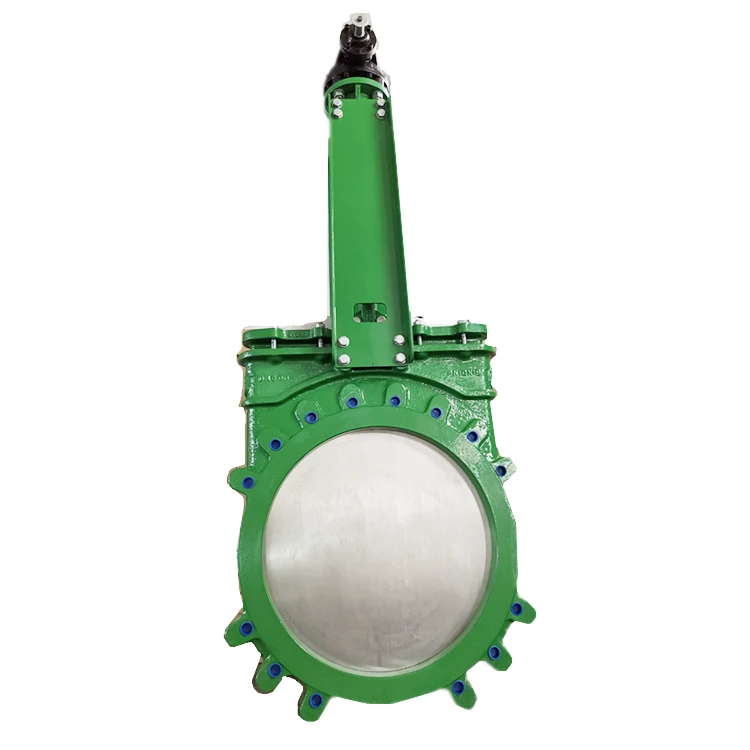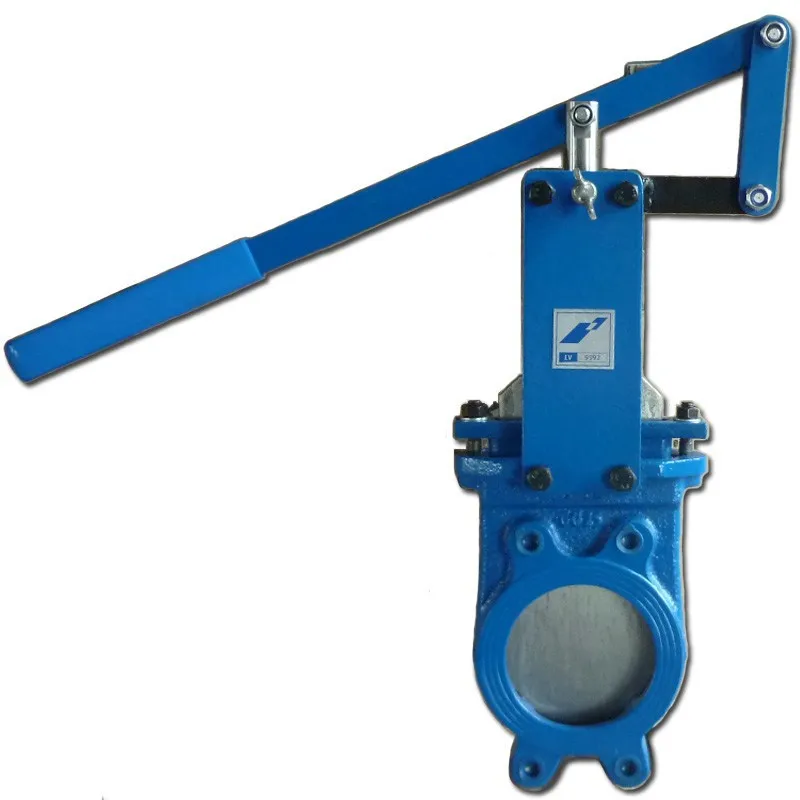Comparative Analysis of Knife Gate Valves: Polyurethane to PVC
Key Takeaways
Understanding the knife gate valve market necessitates a focus on the main types available, particularly polyurethane, PTFE lined, and PVC varieties. Polyurethane knife gate valves offer significant advantages in terms of flexibility and resistance to wear, making them suitable for applications requiring durability under heavy-duty conditions. Their design minimizes leakage and enhances operational reliability. The PTFE lined knife gate valves stand out for their excellent resistance to chemicals and high temperatures, making them vital in corrosive environments. In contrast, the PVC knife gate valves, especially those produced by brands like Praher and Valterra, provide a lightweight and cost-effective solution for non-corrosive fluids, appealing to sectors where ease of installation is crucial. Each of these valve types has distinct application scenarios that dictate their use. Insight into products from manufacturers like Reiss illuminates the broader spectrum of features available in knife gate valves, including customizations that cater to specific industrial needs. This comparative analysis underscores the importance of selecting the right valve type tailored to particular operational requirements, ultimately contributing to enhanced system performance and longevity.
Comparative Advantages of Polyurethane Knife Gate Valves
Polyurethane knife gate valves offer a range of advantages that make them suitable for various industrial applications. One notable characteristic is their excellent resistance to abrasion, enabling them to withstand harsh conditions without significant wear and tear. This durability leads to a longer lifespan compared to other materials. The flexibility of polyurethane also contributes positively, allowing these valves to maintain reliable sealing under fluctuating pressures.
Table 1 outlines the performance parameters of polyurethane knife gate valves in contrast to other materials:
Parameter | Polyurethane Knife Gate Valves | PTFE Lined Knife Gate Valves | PVC Knife Gate Valves |
|---|---|---|---|
Abrasion Resistance | High | Moderate | Low |
Temperature Range | Up to 200°F (93°C) | Up to 300°F (149°C) | Up to 140°F (60°C) |
Chemical Resistance | Moderate | High | Moderate |
Pressure Rating | Standard up to 150 psi | Standard up to 200 psi | Standard up to 100 psi |
The unique properties of polyurethane contribute not only to performance but also operational efficiency. Their lightweight nature reduces installation time and labor costs, proving advantageous in time-sensitive projects.
“Choosing the right valve material is crucial for optimizing system performance and longevity.”
Moreover, the economic aspect cannot be overlooked; while initial costs may be higher than traditional options like PVC, the reduced maintenance and extended service life can result in lower total ownership costs. The capability of handling both liquid and solid media effectively makes polyurethane knife gate valves a viable choice in waste management, mining, and various processing industries.
The integration of these features solidifies the role of polyurethane knife gate valves as a leading option for users seeking durable and efficient solutions in demanding production environments.
Performance Evaluation of PTFE Lined Knife Gate Valves
PTFE lined knife gate valves represent a significant advancement in valve technology, especially for industries that demand high levels of chemical resistance and durability. The PTFE lining enhances the valve's ability to withstand harsh environments, making it suitable for handling aggressive media. This feature is particularly beneficial in applications involving corrosive substances, where conventional materials may fail. The smooth surface of the PTFE reduces friction and minimizes the risk of sticking during operation, which increases reliability and longevity.
In comparison to polyurethane knife gate valves, which also provide excellent wear resistance, PTFE lined options offer superior performance in terms of chemical compatibility. The versatility of PTFE allows for a broader range of applications without compromising safety or functionality. When evaluating the performance characteristics, these valves demonstrate impressive sealing capabilities at various pressures, ensuring minimal leakage during operation.
The ease of maintenance associated with PTFE lined knife gate valves is another notable advantage. Their design facilitates quick inspections and repairs, reducing downtime in production processes. Additionally, these valves show consistent performance over long operational periods, making them a cost-effective choice for many manufacturing setups.
Overall, the integration of PTFE lining into knife gate valves enhances their appeal across various sectors including wastewater treatment, chemical processing, and food manufacturing. The unique properties attributed to PTFE allow these valves to maintain operational integrity while providing reliable solutions for challenging conditions.
Application Scenarios for PVC Knife Gate Valves from Praher and Valterra
PVC knife gate valves from Praher and Valterra exhibit specific advantages in various applications due to their durability, resistance to corrosion, and cost-effectiveness. These valves are commonly utilized in the water treatment industry, where chemical resistance is paramount. Their lightweight construction facilitates easy installation, reducing labor costs. Furthermore, in systems handling slurries or solids, the smooth operation of PVC knife gate valves minimizes wear and provides reliable sealing capabilities. Applications in the food and beverage sector also benefit from these valves as they comply with certain hygiene standards, ensuring safe handling of liquid products. In wastewater management, these valves effectively manage flow control, supporting efficient plant operations. The use of PVC knife gate valves from recognized brands like Praher and Valterra is essential for applications that prioritize long-lasting performance and economic viability while requiring minimal maintenance over time.
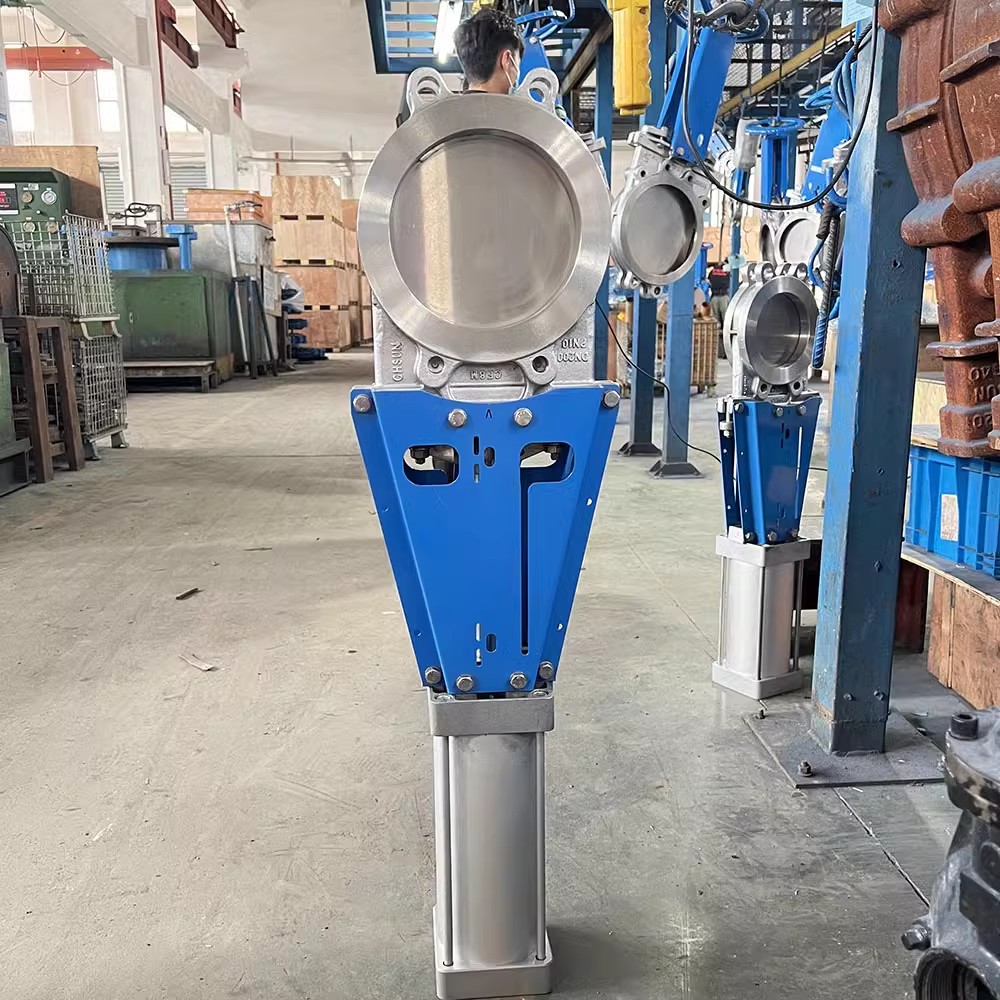
Insights into Reiss Knife Gate Valves: A Comprehensive Overview
Reiss knife gate valves are engineered to provide reliable performance in various industrial applications. Their design incorporates a knife blade feature that efficiently slices through thick media, making them indispensable in handling slurry and waste materials. The construction materials used in Reiss valves enhance their durability, resistance to corrosive substances, and ability to withstand high-pressure environments. The seat design often integrates features that ensure a tight seal, minimizing leakage and maximizing operational efficiency.
When examining the specific advantages of Reiss knife gate valves, noteworthy is their ease of operation. Manual and automated actuation options allow flexibility based on system requirements. These valves typically feature a straightforward installation process, which can lead to reduced downtime during maintenance or replacement tasks. Furthermore, Reiss has continually refined their designs to comply with industry standards, ensuring compatibility with diverse piping systems.
Applications for Reiss valves span across multiple sectors including wastewater management, mining, and chemical processing. The performance characteristics tailored for these applications include strong flow capability and the ability to function effectively regardless of material viscosity. Operators often find these valves especially useful in settings where solids are present in the fluid medium.
The emphasis on high-quality manufacturing processes ensures that each Reiss knife gate valve maintains its integrity even in the most rigorous conditions. This combination of engineering excellence and practicality positions Reiss as a formidable player in the market of knife gate valves, making it an excellent choice for industries seeking efficiency and reliability in fluid control systems.
Conclusion
The examination of knife gate valves highlights significant differences among the various types available, particularly focusing on polyurethane, PTFE lined, and PVC options. Polyurethane knife gate valves stand out for their durability and resistance to wear, making them suitable for applications where high abrasion is a concern. Their superior sealing capabilities ensure minimal leakage, contributing to overall efficiency. In contrast, PTFE lined knife gate valves offer excellent chemical resistance, which makes them ideal for handling aggressive substances in chemical processing industries. Their design facilitates smooth flow with reduced friction, enhancing performance under demanding conditions.
PVC knife gate valves, particularly those produced by reputable brands like Praher and Valterra, provide a lightweight and cost-effective solution, often favored in water treatment and agricultural applications. Their ease of installation and maintenance adds to their appeal in non-critical environments where cost efficiency is prioritized. Additionally, the insights into Reiss knife gate valves help illustrate the variations across brands and their specific applications, showcasing innovations in design tailored to diverse industrial needs.
In summary, evaluating these different types of valves reveals a landscape where the choice largely depends on the specific requirements of the application in question—be it durability, chemical compatibility, or cost-effectiveness. Selecting the appropriate valve type ensures optimal performance within its intended environment.
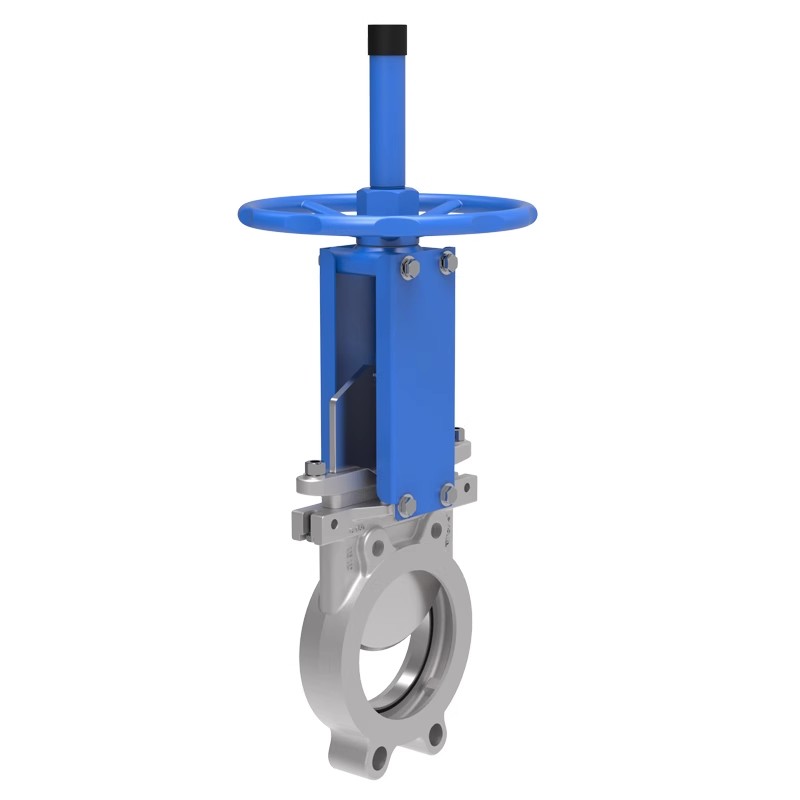
FAQs
What is a polyurethane knife gate valve?
A polyurethane knife gate valve is designed with a robust polyurethane material that provides superior durability and resistance to wear. It is ideal for applications involving abrasive materials.
How does a PTFE lined knife gate valve perform?
A PTFE lined knife gate valve offers excellent chemical resistance, making it suitable for handling aggressive fluids. Its smooth surface reduces friction, enhancing flow performance.
What advantages do PVC knife gate valves from Praher and Valterra offer?
PVC knife gate valves, such as those from Praher and Valterra, are lightweight and resistant to corrosion. They are cost-effective options for various water management systems.
Are Reiss knife gate valves reliable in industrial settings?
Yes, Reiss knife gate valves are recognized for their reliability in harsh industrial environments. They provide effective isolation and control of flow in both liquid and sludge applications.
What considerations should be made when selecting a knife gate valve?
When selecting a knife gate valve, consider factors such as material compatibility, pressure ratings, and the specific application environment to ensure optimal performance.

